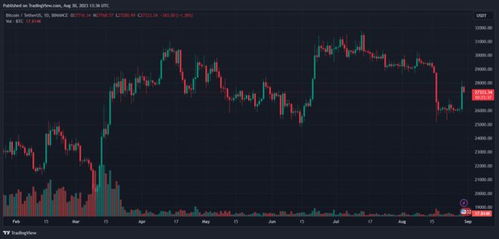Bitcoin halving is a significant event in the cryptocurrency world that occurs approximately every four years. It involves a reduction in the rate at which new bitcoins are created, cutting the reward given to miners in half. This event is coded into the Bitcoin protocol and is crucial for maintaining its deflationary nature. Understanding the dynamics surrounding Bitcoin halving and its impact on price trends requires delving into several key factors.

Bitcoin halving is a process built into its code, which reduces the rewards miners receive for validating transactions on the blockchain. Initially set at 50 bitcoins per block when Bitcoin was first mined in 2009, the reward halves approximately every four years, or after every 210,000 blocks are mined. The latest halving occurred in May 2020, reducing the block reward from 12.5 to 6.25 bitcoins.
The reduction in the rate of new Bitcoin issuance through halving directly impacts its supply. With a reduced supply of new bitcoins entering the market, assuming demand remains constant or increases, basic economic principles suggest that the price may rise. This is due to the scarcity of the asset increasing, potentially leading to higher demand from investors seeking to acquire or hold onto Bitcoin.
Historically, Bitcoin halving events have been associated with significant price movements. In the months leading up to a halving, there is often anticipation and speculation in the market, which can drive prices higher. Following the halving, there may be a period of price consolidation or even a temporary dip as the market adjusts to the new supply dynamics. However, over the longer term, previous halving events have been followed by bullish price trends.
Market sentiment plays a crucial role in determining Bitcoin's price movements around halving events. Positive sentiment, fueled by factors such as increased media attention, growing institutional interest, or favorable regulatory developments, can contribute to upward price momentum. Conversely, negative sentiment or external factors like regulatory crackdowns or security breaches can dampen investor confidence and lead to price declines.
Bitcoin mining is a resourceintensive process that requires significant computational power and electricity. The block reward halving directly impacts the profitability of mining operations. Miners must adapt to the reduced rewards by either improving efficiency, optimizing their operations, or relying on transaction fees to offset the revenue loss. Some less efficient miners may be forced to shut down operations, leading to a temporary decline in network hash rate until the difficulty adjusts.
While shortterm price fluctuations surrounding halving events are common, the longterm implications are more profound. Bitcoin halving is designed to gradually reduce the rate of new supply issuance until the maximum supply of 21 million bitcoins is reached, making it a deflationary asset. This scarcity aspect is one of the key drivers of Bitcoin's value proposition as a store of value and hedge against inflation.
In summary, Bitcoin halving is a predetermined event that occurs approximately every four years, reducing the block reward given to miners by half. This process impacts Bitcoin's supply dynamics, market sentiment, investor behavior, mining economics, and ultimately, its price trends. While shortterm price volatility is common around halving events, the longterm implications underline Bitcoin's status as a scarce digital asset with potential for significant value appreciation over time. Investors should consider these factors and conduct thorough research before making investment decisions in the cryptocurrency market.
[Is there anything else you'd like to know about Bitcoin halving or its impact on price trends?](end)
版权声明:本文为 “联成科技技术有限公司” 原创文章,转载请附上原文出处链接及本声明;

